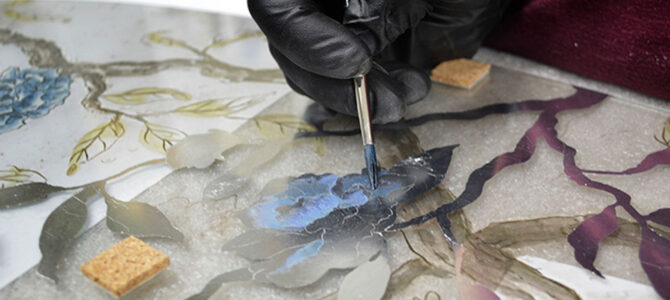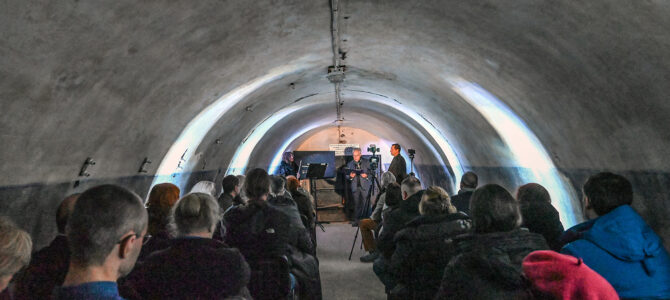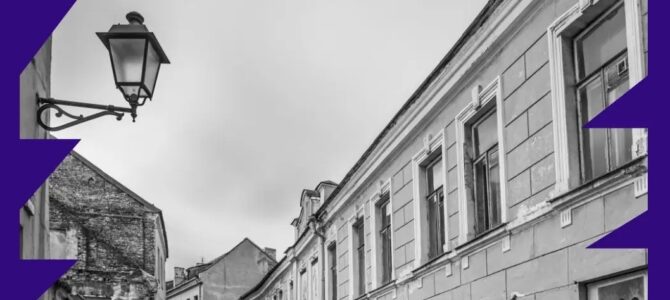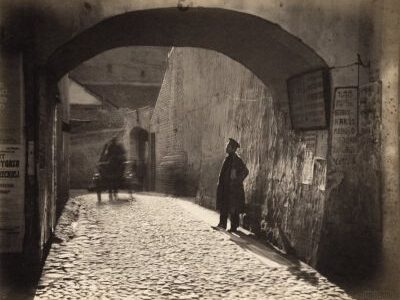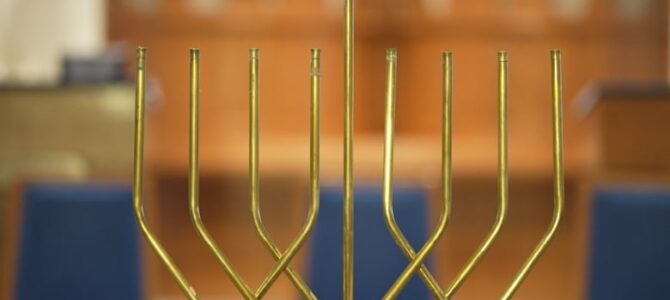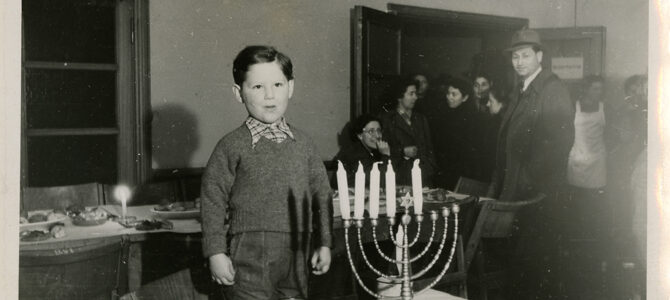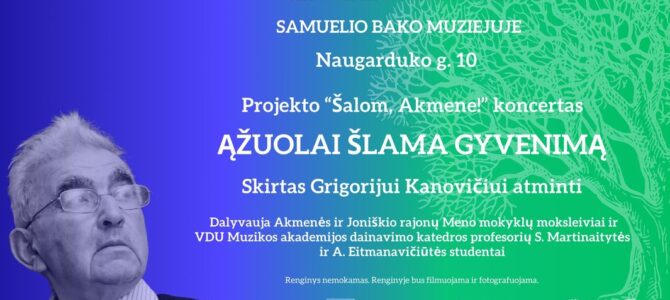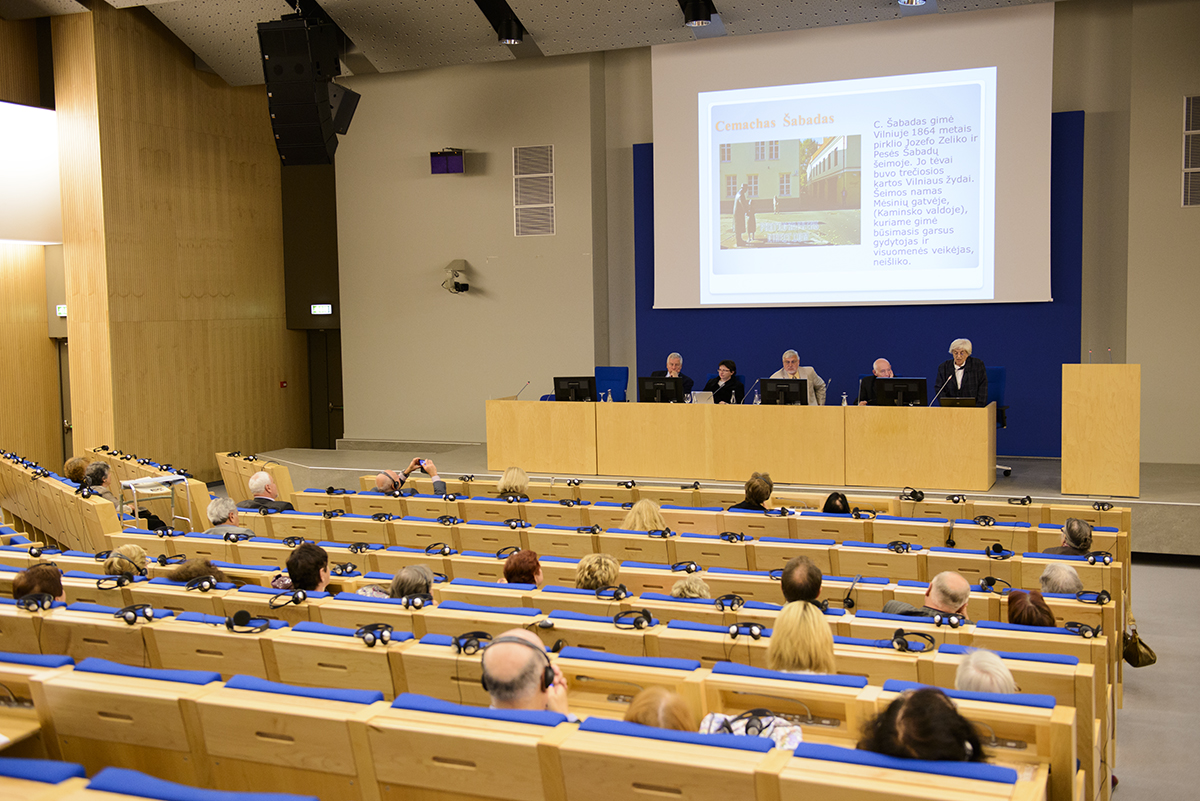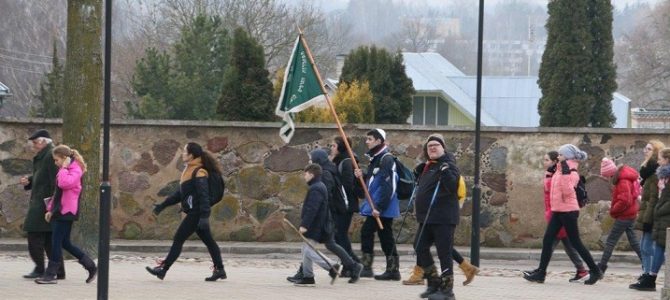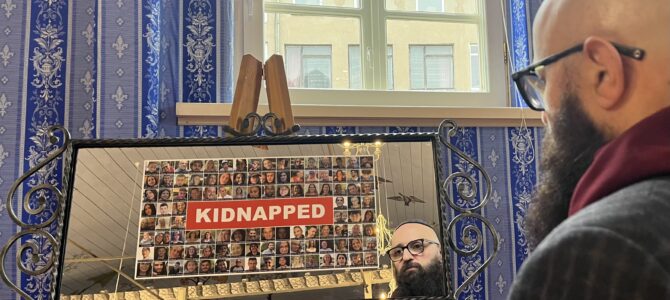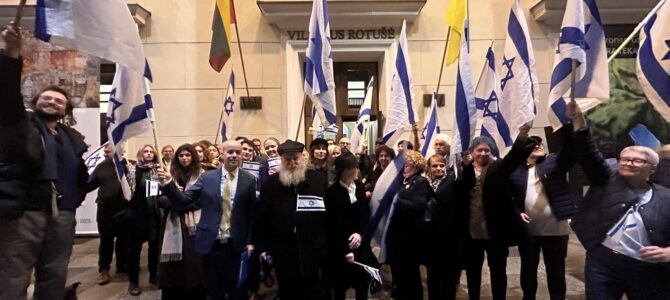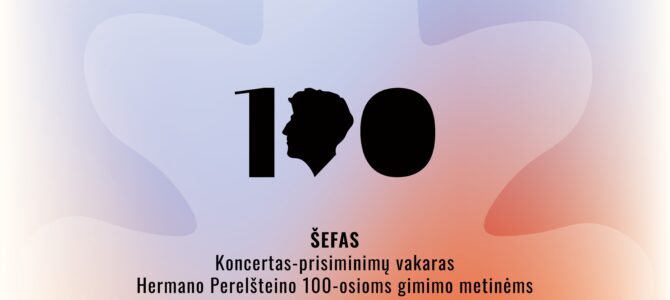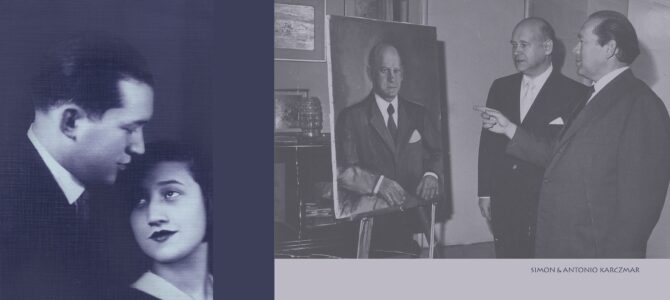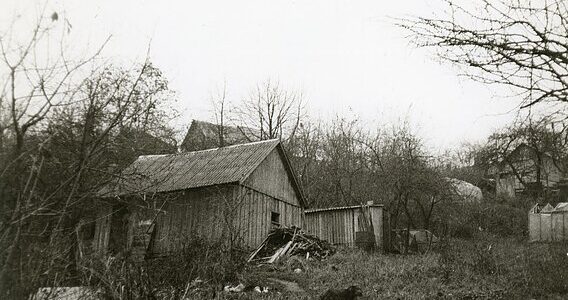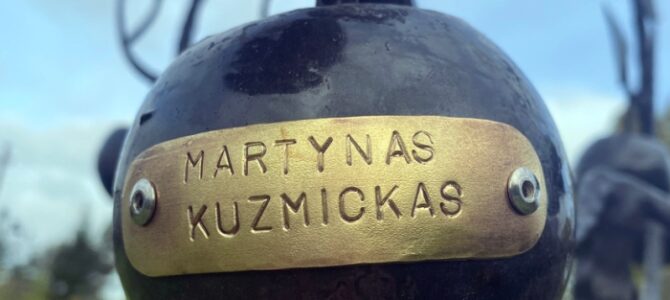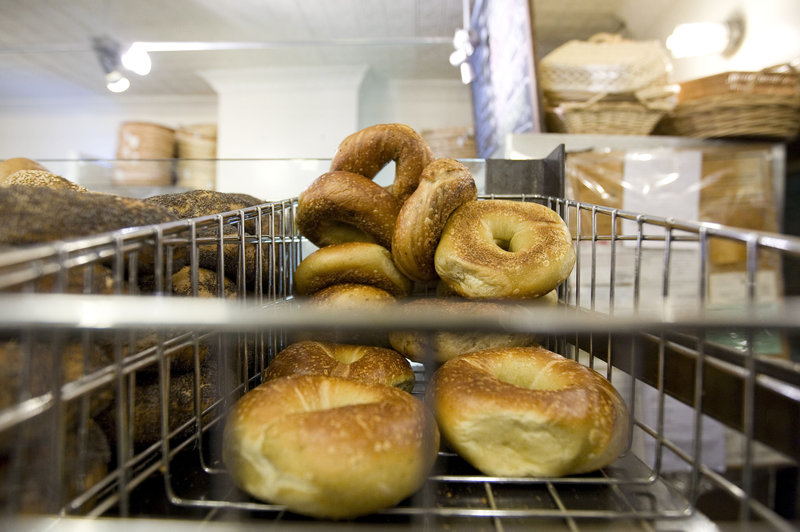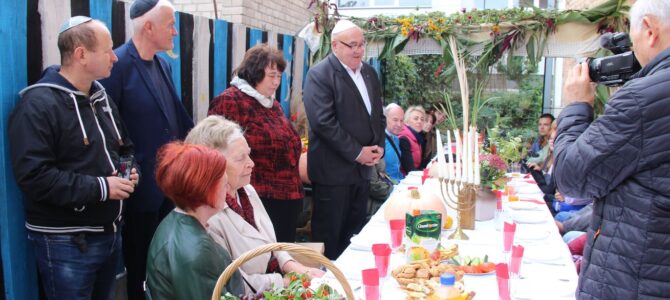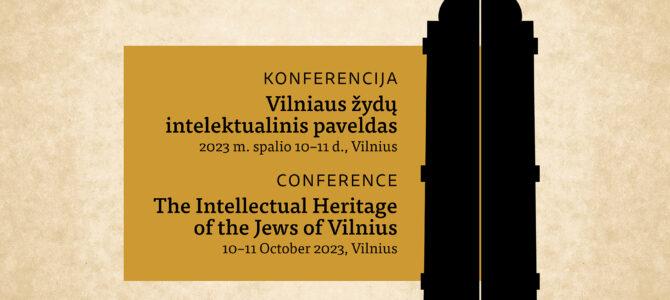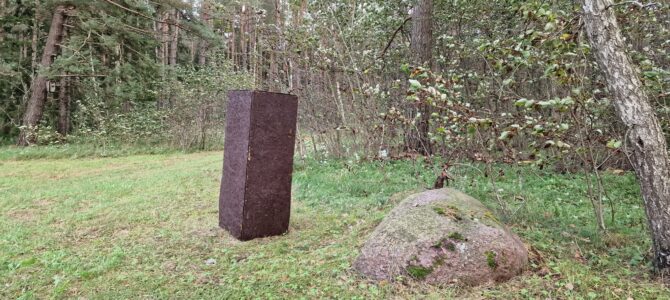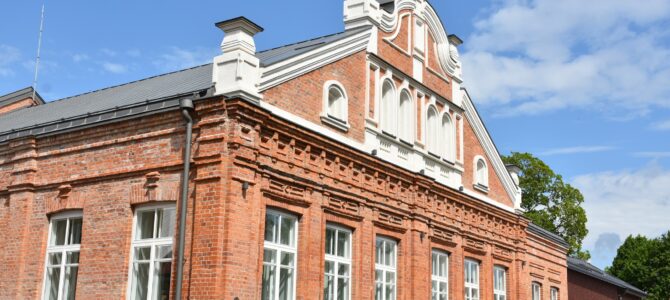The Shofar Gallery of the Jewish Culture Information Center in Vilnius is hosting an exhibit of works by art and book restorer and artist Modestas Saukaitis inspired by Abraham Sutzkever’s poetry. Saukaitis’s works on exhibit are verre églomisé, an ancient technique which uses white gold painted on glass to produce an extraordinary effect.
The exhibit runs till December 23 and is open to the public during the gallery’s working hours, from noon to 6:00 P.M. on weekdays and from noon till 4:00 P.M. on Saturday. The gallery is located at Mėsinių street no. 3A in the Vilnius Old Town.
For more information, see here.


